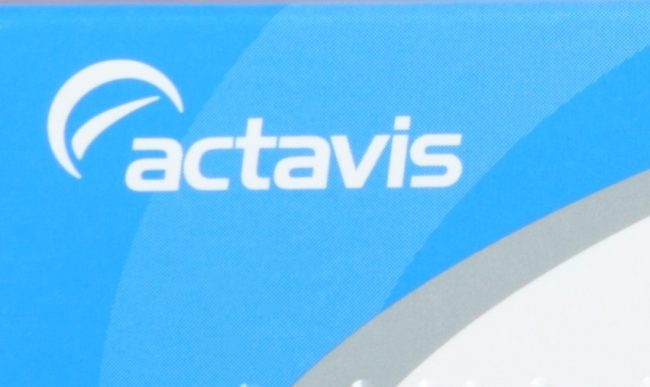The Competition and Markets Authority said the price rises took place after the patent lapsed on the drug. About 943,000 packets of the tablets – prescribed to people whose adrenal glands do not produce enough steroid hormones, such as those suffering from Addison’s disease – were distributed over the last year.
As the CMA set out its reasons why the company had broken competition law, the regulator’s senior responsible officer, Andrew Groves, said: “This is a lifesaving drug relied on by thousands of patients, which the NHS has no choice but to continue purchasing.
“We allege that the company has taken advantage of this situation and the removal of the drug from price regulation, leaving the NHS – and ultimately the taxpayer – footing the bill for the substantial price rises,” said Groves.
The watchdog is continuing other investigations into the pharmaceutical sector. The latest allegations come after last week’s £84.2m fine on Pfizer for increasing the cost of an anti-epilepsy drug. The drugs distributor Flynn Pharma was fined £5.2m for charging excessive and unfair prices in the UK for an epilepsy treatment.
Groves said the current findings against Actavis were provisional and that it was too early to conclude there had been a breach of competition law. “The CMA will carefully consider any representations of the parties under investigation before determining whether the law has been infringed,” said Groves.
Actavis – formerly Auden Mckenzie – is facing accusations about the prices of two forms of the hydrocortisone tablets. The CMA said the increase in price to the NHS for 10mg packs rose from 70p in April 2008 to £88 by March 2016 – a 12,000 per cent rise. For 20mg sizes the price rise was 9,500 per cent – increasing to £102.74 per pack by March 2016, compared with £1.07 when the treatment was still branded.
Once medicine and treatments are no longer branded – known as generic medicine – they are no longer subject to price regulation, a move that is usually expected to reduce the cost rather than inflate it.
Actavis, which was bought by the Israeli pharmaceutical company Teva earlier this year, did not immediately comment.


